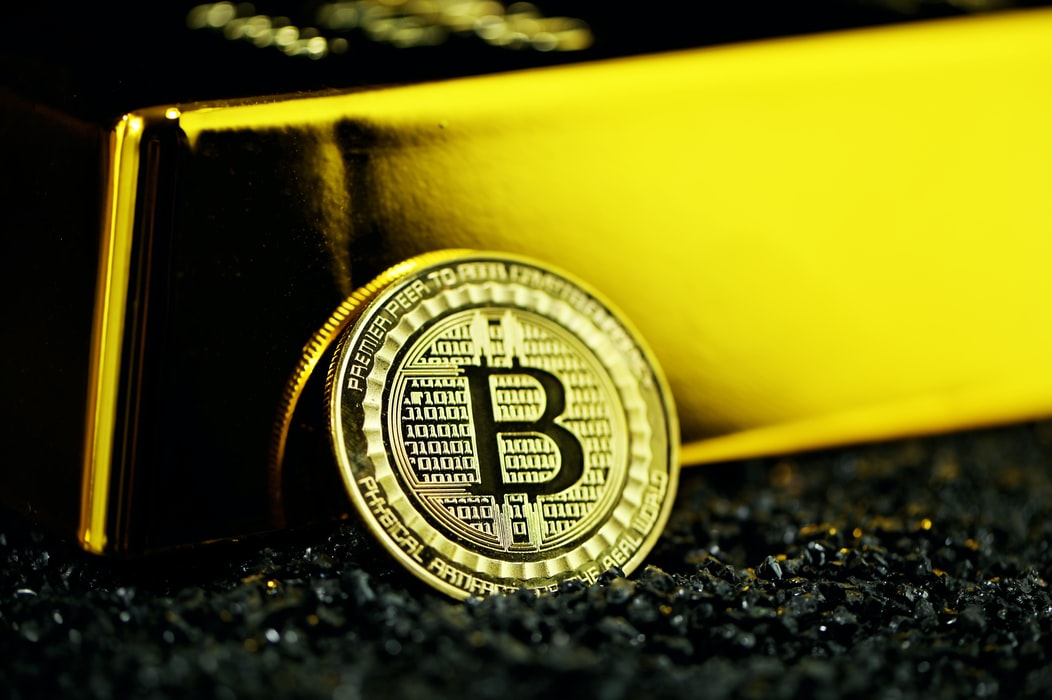Once upon a time miners could earn 50 bitcoin every 10 minutes mining from their bedrooms. Those days are long gone. So where does it all go from here?
Why does crypto matter to my life?
Whether we like it or not, cryptocurrency is galloping into the mainstream. Remember the Winklevoss twins from the Social Network? They just released Gemini, a credit card with crypto in lieu of cash back. Tesla plans to begin accepting crypto payments. The list goes on. We can’t avoid it much longer. Beep, beep. Jump on the bus.
What is crypto mining?
Crypto miners are essentially playing guess & check with powerful computers in a race to crack codes and find solutions to complex puzzles to verify transactions.
This is an example of the code (the ‘hash’) they’re trying to find the solution for: 0000000000000000057fcc708cf0130d95e27c5819203e9f967ac56e4df598ee
In order to mine successfully, you’ve got to have the correct answers and run fastest to the teacher’s desk to get it approved.
Why does anyone mine crypto?
Crypto mining is the digital equivalent of the Alaskan gold rush in the late 1890s. Typically those selling shovels made more money than those panning for gold. Crypto mining is expensive and laborious, and even with the advent of mining pools, it’s still a winner-take-all situation. But solving a block (1 megabyte worth of bitcoin transactions) can lead to monster payouts, so it’s worth it for some folks. This is also why miner pools are more common than lone wolf miners.
Also, mining crypto is a way to accumulate digital assets without spending real money.
Is crypto mining infinite?
In theory, crypto mining would be like gold mining. Not so much because there is a limited amount of the resource that can be extracted, but due to the greater difficulty of mining that resource after a certain point.
Consider this: there are only 21 million bitcoins that can be mined initially. It is estimated that roughly 85% of that supply has already been accounted for. Similarly, roughly 80% of the earth’s estimated gold supply has been mined.
What is important to understand, is the ‘mining of bitcoin’, is essentially the validating of transactions occurring on the blockchain, whereby the miner is being rewarded in a specific cryptocurrency—bitcoin, in this case. Examining it from this perspective brings us back to the gold analogy. It’s not so much that there is a finite supply of bitcoin to be mined, but accessing the given supply of bitcoin—for this particular matter it would be validating transactions on the blockchain—becomes exponentially more difficult. This is similar to accessing earth’s remaining gold supply. Nonetheless, for as long as transactions occur on the blockchain, the matter of validating those transactions—ie. mining—will continue to be a critical component of the decentralized ledger’s functionality.
That being said, each blockchain protocol is different. Ethereum already has a supply of over 100M Ether. Naturally, these caps and limits create a lot of speculative chatter online about the future of cryptocurrency regarding supply and demand, but that’s a conversation for another blog.
Perhaps this is a conversation we can bring Imran Ellis in on as he prepares to take on crypto mining this year with his Bullet Blockchain bitcoin mining venture.
Join the DigitalAMN PAI Ecosystem—Find out more or email info@digitalamn.com
Brush Up On The Basics Of Cryptocurrency, ICO, Utility Tokens And Security Tokens
The Beginner’s Guide: Penny Stocks, Microcaps and the OTC Market


